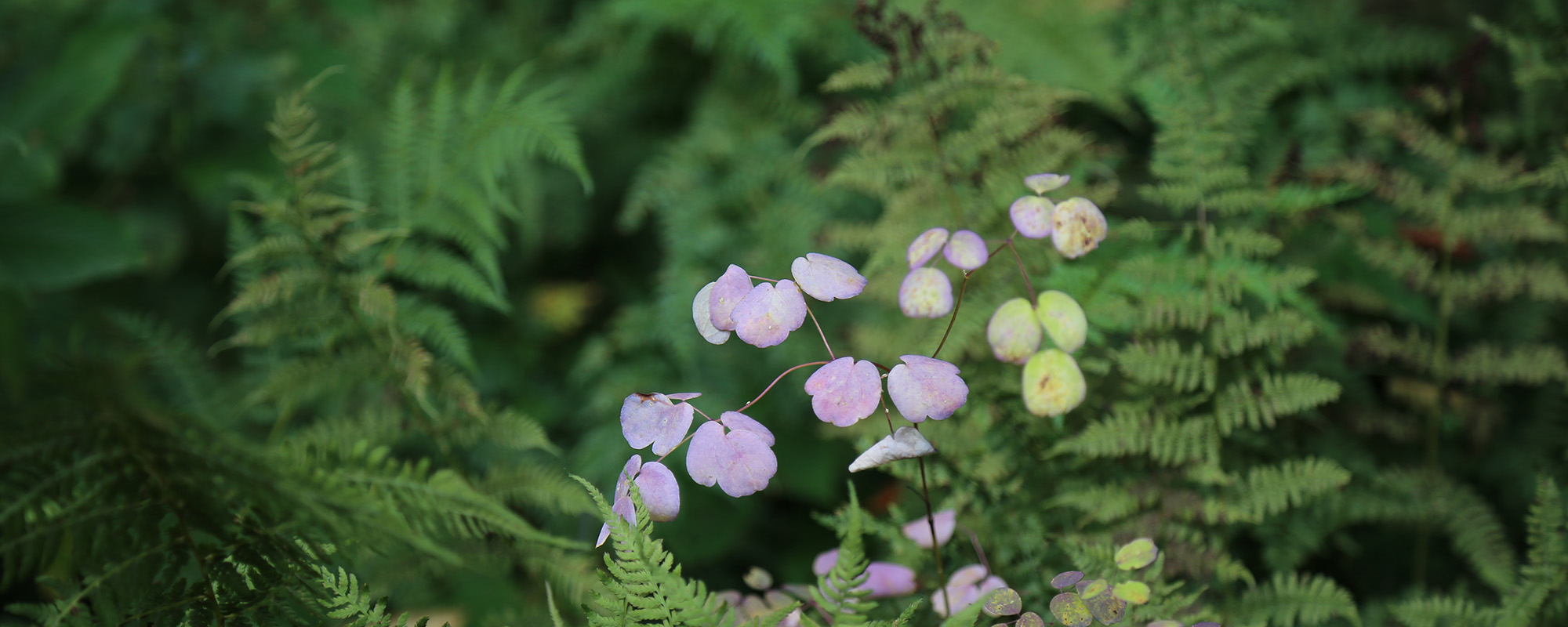It looks easy. All you have to do is to pretend as someone who is better than yourself for half an hour (on the phone/Skype/Zoom), and then a day (on campus), to get that dream faulty job offer.
I tried that a few times as a candidate but was not very successful. I didn’t know what the problems were until years later after serving as the chair or a member on several faculty search committees.
Faculty interview is like speed dating. By the time you made to the interview, we (the search committee) have been impressed by your achievements (on paper), but we haven’t got to know you as a person. We are afraid of picking someone that we may regret and be stuck with for years… That scary thought motivates us to do a careful job.
So what do we care about? First and foremost, we like to know if you are a person we want to work with as a colleague. Are you an open and frank person? Would you see our institution as your future home? Are you the type that can make the people around you better? Do you hold a balanced view of different matters?
Second, we try to predict if you would become a star (not just meeting the tenure requirements) with our yet-to-be-proven fortune telling skills. Do you have a solid grasp of the fundamentals in your area? Are you passionate about something? Can you think critically and independently? Are you aware of ongoing trends in research and in the society? Are you an ambitious person with big dreams and a strong vision? Can you communicate well with different audience, make sound arguments, and be persuasive? Can you be an effective teacher? Can you handle pressure, stress, and setbacks?
Finally, we also want to know if your success would matter to other people. Are you bringing complementary skills (teaching, research) to the institution? Are you a team player? Are you more interested in yourself, the community, or the society? Can you lead a team to build something bigger than us individuals can do?
In a nutshell, we are looking for someone who is way closer to perfection than ourselves …
Of course, we don’t know how to evaluate all that… In robotics terms, we are facing a decision making under uncertainty problem, an active perception problem, and a bounded rationality problem (e.g., making decisions with incomplete information and limited time). Each of us on the committee tries to observe and to probe you with questions. We fall victims to our cognitive biases, jump into conclusions with insufficient data, while trying hard not to fill the missing pieces with stereotypes, imagination, and random thoughts/mood of the day.
So how to survive this complicated, stressful, inherently stochastic, and often biased process? There are a lot you can do before coming to an interview. Preparation and experience help. Iterate on the answers to common questions leads to better, more focused answers. Known what may come helps you to prepare and know when to relax.
However, a skillful search committee can/may see through some of the facade. There are things that can be couched by a good advisor in a matter of hours (e.g., which funding programs to target), but we are not hiring your advisor. Interview experience can be learned (someone had many interviews in the past is not necessarily preferred to someone on the first trip). Always done you homework is a good quality; but is only one of many that we are looking for. Worked on a cool project, like a NASA mission, only means you were on a large team. There are also things that any intelligent person can learn on the job later, without much risks.
What we really want to get to know better is you. We try to focus on things that would take real effort and experience to understand. For example, someone who has never taught a class before would likely not understand the true challenges in teaching and learning. Someone who only did what the advisor told him/her to do may not have deep insights on what is the next step, the step after that, and why. You are unlikely to be a good leader without appreciating the meaning of compromise and sacrifice. Your strong desire to help the community needs to be backed up with a purpose and a track record. You may pretend well for a minute, but if you didn’t have the real experience, this may not survive a few rounds of probing.
Faculty candidates often don’t know why they failed (or succeeded). Almost no search committee can provide frank and detailed feedback due to a variety of reasons. We won’t/can’t tell you that you’ve been acting like a teenage; your accent was not a problem; that name dropping/talking down other researchers did not serve your interest; your honesty and willingness to expose your vulnerability was appreciated; you didn’t seem to be prepared to write a proposal/teach a class/run a lab; etc. I have seen candidates apparently interviewed at many different places didn’t quite understand why they haven’t landed a job. I was in that boat for a few years as well.
So, pretending to be a better, more desirable version of yourself during the interview may not work out. I think a better strategy is to act like that version now, to identify and build up these experiences, and to collect honest feedback. It is never too late for doing that. After you have started on this path, you can follow what many people suggested to do during interviews: “just be yourself”. You no longer have to pretend to be someone better; you are a better faculty candidate.


